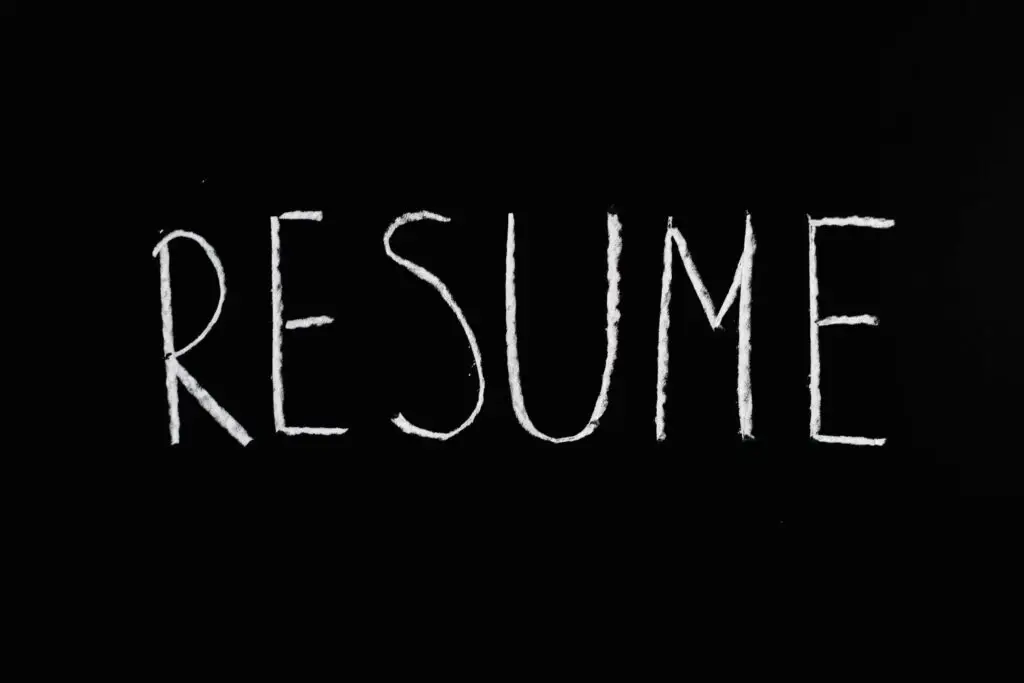Just checked out km888casinologin – not bad! The site loads quickly and has a decent selection of games. Seems legit…
How to crack an Interview?
Yes, I understand—you’ve probably read countless articles on this subject and watched numerous tutorial videos. Still, when it comes to actually cracking an interview, there’s often a noticeable gap between preparation and performance.
In my 19 years of experience in human resources and recruitment, having conducted over 1,000 interviews and interacted with more than 2,000 candidates, I’ve observed one striking pattern: over 90% of job seekers struggle to present themselves effectively during an interview.
Giving an Interview is an Art
Think of an interview as a blank canvas. You are the artist, and your experience, achievements, and insights are the colors. The interviewer sees your picture bit by bit—layer by layer.
Whatever image you paint, that’s the one the interviewer is compelled to see. They may attempt to validate your claims or probe deeper, but they are still reacting to your canvas—and that’s where your power lies.
But here’s the problem: Most candidates don’t know what to paint. Based on my experience, I’ve identified several key areas where candidates consistently fall short:
1. Not Knowing Their Own Company’s Product/Service/Domain
This is surprisingly common. Many candidates have only a vague understanding of what their current company does. Before your interview, thoroughly review:
Your company’s profile and industry
The core products or services it offers
Where the company excels and where there are challenges (but avoid bringing up negative points during your interview)
❌ Avoid discussing internal conflicts, toxic culture, or personal grudges during your interview. Keep the conversation professional.
2. Not Researching the Interviewing Company
When you go for an interview, ask yourself: Do I really know this company?
A superficial glance at the website isn’t enough. Try this checklist:
📌 About Us: Know the founding year, mission, and vision.
📌 Products/Services: Understand what the company sells or provides.
📌 Careers Page: Many open positions might indicate urgent hiring needs—this can be used to your advantage.
More knowledge = More color on your canvas.
3. Not Knowing Their KPI (Key Performance Indicators)
This is not the same as your job title or daily tasks.
A KPI is a measurable target that reflects how well you’re contributing to company goals.
💡 Example: If you’re in sales, your KPI might be “Generate ₹1 crore in annual revenue.” Be ready to explain how you plan to meet that goal.
4. Not Knowing Their Roles and Responsibilities
Here’s a common mistake:
“I’m a software developer.”
That’s your job title, not your roles and responsibilities.
Your responsibilities include the actual tasks and contributions you make—writing APIs, debugging, collaborating with teams, deploying builds, etc.
🧠 Remember: 99% of interviewers will ask about your roles and responsibilities. Be ready to answer with clarity and specifics.
5.Not Knowing Their Own Market Value
Every individual carries unique value — the challenge is whether we recognize it or not. Often, your true value is known only to you, and it’s your responsibility to express it confidently — no one else will do it for you.
For example, when you’re asked in an interview, “Why should we hire you?” or “What can you bring to our company?” — this is your moment to showcase your value.
You might respond with:
“I have 6 years of experience in product sales.”
“I have deep knowledge of the market and territory I’ll be working in.”
“I’m well aware of our competitors and their USPs.”
“I’ve successfully launched and established a similar product earlier in my career.”
These are the statements that define your professional worth. Such responses can immediately engage the interviewer and set you apart from others.
In reality, this is exactly what interviewers want to hear — yet, surprisingly, most candidates never say it.
Looking for a game APK? Bet629gameapk might have what you need. Be careful when downloading APKs, safety first! Grab it…
FB7777slot, that’s a lot of sevens! Hope it brings you good luck! Play responsibly and have some fun! You can…
Yo fam, f888daga is lit The site is smooth, the games are diverse, and the bonuses keep coming I’m having…
Alright folks, wi5599k is where the action is at The site’s easy to navigate and the games load quickly I’ve…
Can AI Replace Coders in the Future?
Can AI Replace Coders in the Future? In recent years, the evolution of Artificial Intelligence…
How to crack an Interview?
How to crack an Interview? Yes, I understand—you’ve probably read countless articles on this subject…
Remote Work & Global Talent Acquisition
Introduction The global shift to remote and hybrid working models isn’t just a post-pandemic trend—it’s…
Is AI already taken the max content writing jobs
Is AI already taken the max content writing jobs In recent years, Artificial Intelligence (AI)…
Do You Need an Expensive Corporate Resume to Land a Job in 2025?
Do You Need an Expensive Corporate Resume to Land a Job in 2025? In today’s…






Leave a Comment